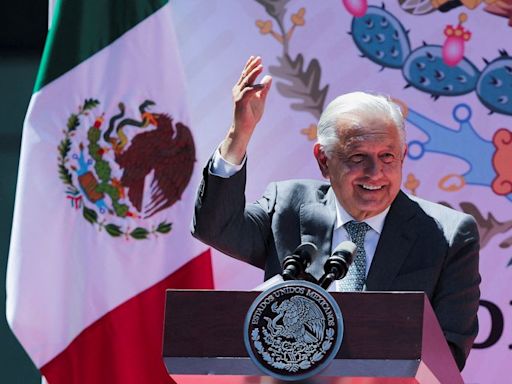Search results
Latinx and Hispanic Stories from Yahoo
A Latino/a or Hispanic person can be any race or color. In general, "Latino" is understood as shorthand for the Spanish word latinoamericano (or the Portuguese latino-americano) and refers to (almost) anyone born in or with ancestors from Latin America and living in the U.S., including Brazilians.
The terms Latino and Latina are loan words from Italy and are ultimately from ancient Rome. In English, the term Latino is a condensed form of "latinoamericano", the Spanish term for a Latin American, or someone who comes from Latin America. The term Latino has developed a number of definitions.
The Latino population in the United States has grown to over 60 million today, leaving a big impact on its democracy, economy, and culture. For centuries, Latino culture has influenced all areas of American life, including food, sports, business, politics, science, education, and the arts.
Sep 14, 2020 · Latino, Hispanic, Latinx, Chicano: The History Behind the Terms. The effort to coin a term to describe a wildly diverse group of Americans has long stirred controversy. By: Yara Simón....
Digital artwork by Rafael López, 2021. Latino Culture. The Latino culture is extremely diverse, and there is no singular Latino experience. Explore Latino foodways, art, and music, and learn about the rich history of Latinos, from pre columbian times to today.
Aug 26, 2020 · (Monica Almeida / Los Angeles Times) By Virginia Escalante, Nancy Rivera and Victor Valle. Los Angeles Times Exclusive. Aug. 7, 1983 12 AM PT. For many Latinas, there is a double burden of racism...
Feb 22, 2023 · Mexican refers to people who inhabit for are from Mexico, a part of Latin America. Spanish is the main language in Mexico, but not all Mexicans speak the language. This means that people from Mexico are Latino, and they may or may not be Hispanic.






